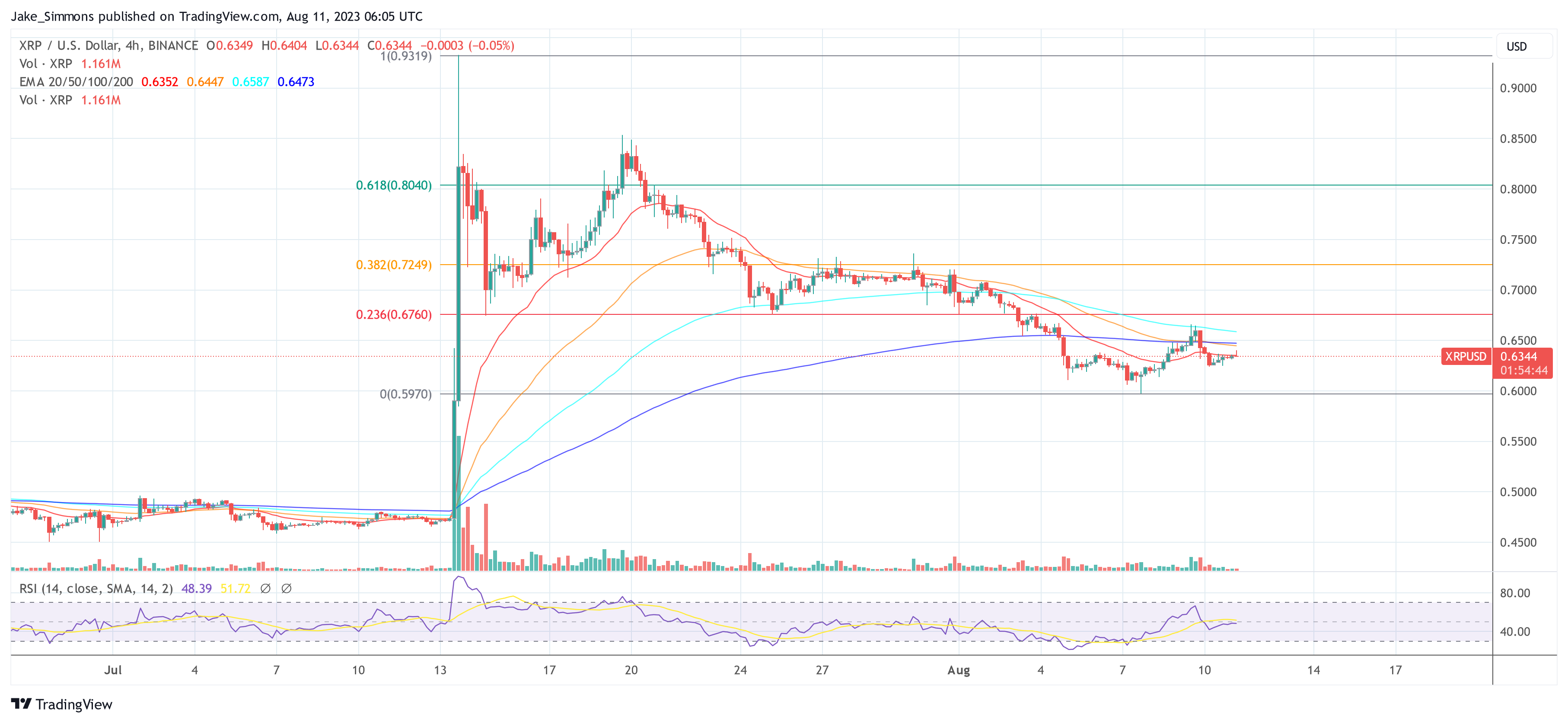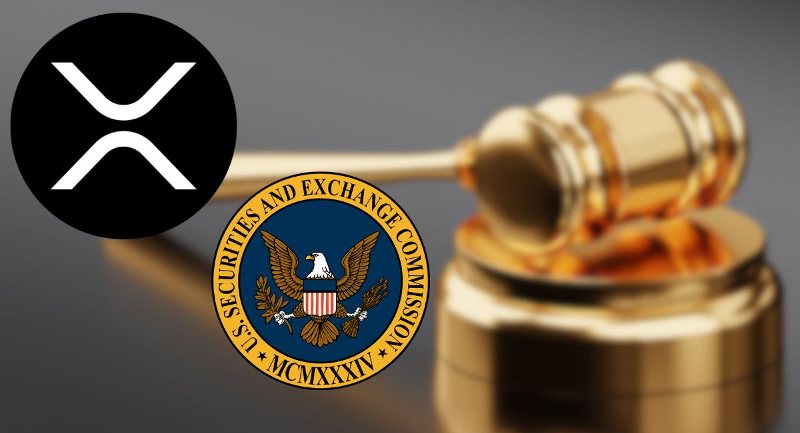The authorized battle between Ripple and the U.S. Securities and Change Fee (SEC) has been a focus for the crypto group, and the current developments have solely intensified the highlight. The SEC’s request for an interlocutory attraction has stirred a whirlwind of research, with authorized consultants weighing in on the potential outcomes and their broader implications. Drawing from the insights of the attorneys James “MetaLawMan” Murphy, Bryan Jacoutot and Invoice Morgan, let’s dissect the attainable situations that would play out.
State of affairs 1: Ripple Opposes the Interlocutory Attraction
MetaLawMan’s evaluation suggests that Ripple’s first choice is to oppose the movement to certify the attraction. The muse of this stance is Ripple’s unwavering confidence within the correctness of Decide Torres’ choice. By opposing the attraction, Ripple could be signaling its perception that the choice aligns completely with the corporate’s authorized stance, particularly secondary market gross sales of XRP.
Murphy lays out three explanation why this could possibly be the more than likely situation: First, Ripple doesn’t wish to agree with the premise that there’s “substantial grounds for distinction of opinion” on Decide Torres’ ruling which is a part of the authorized customary for certifying an interlocutory attraction.
Furthermore, there’s a risk, albeit slim, {that a} crypto regulation could possibly be enacted by Congress. Such laws would possibly redefine the unique institutional gross sales of XRP, characterizing them as non-securities transactions. This redefinition would hinge on the truth that institutional consumers didn’t obtain fairness or authorized rights to take part in Ripple’s earnings in change for his or her cash.
Third, there is perhaps a change in administration: Looking forward to 2025, a brand new administration might convey a recent perspective to the SEC’s method to crypto enforcement actions. This might manifest as both a direct dismissal of the case or a settlement on phrases favorable to Ripple, in keeping with Murphy.
State of affairs 2: Ripple Agrees to the Interlocutory Attraction
MetaLawMan additionally raises the potential of Ripple agreeing with the SEC that an interlocutory attraction could possibly be acceptable. Such a transfer could be rooted within the acknowledgment of the inevitability of appeals on this case. The pivotal query then turns into one in all timing: will the appeals course of be initiated instantly, or will or not it’s deferred till after the trial of Brad Garlinghouse and Chris Larsen?
State of affairs 2A: Ripple Seeks A Cross-Attraction
Including a layer of complexity, Ripple might go for a cross-appeal on the institutional gross sales declare whereas agreeing to the interlocutory attraction. The strategic logic right here, as outlined by MetaLawMan, is that if the 2nd Circuit have been to reverse the SEC’s win on this declare, it will remove the necessity for a trial on aiding and abetting the institutional gross sales.
Lawyer Invoice Morgan additionally zeroes in on a pivotal side of Decide Torres’ choice regarding gross sales to On-Demand Liquidity (ODL) clients. He underscores the magnitude of this choice, noting that each one Ripple gross sales post-June 2020 have been to ODL clients, amounting to a staggering $3 billion post-complaint. Given the monetary implications and the SEC’s intent to focus on this sum, Morgan firmly believes that Ripple should contemplate interesting this a part of Decide Torres’ choice.
State of affairs 3: One Step Additional
Bryan Jacoutot, accomplice at Election Regulation Group, attracts consideration to the Terraform Labs case, which might considerably affect Decide Torres’ choice. Jacoutot factors out that the SEC’s quotation of the Terraform case is especially noteworthy. On this case, the choose “rejected” a part of Decide Torres’ evaluation, particularly her distinction between institutional gross sales and “programmatic gross sales.” This rejection isn’t just a minor disagreement; it challenges the very basis of Decide Torres’ ruling within the Ripple case.
Given this intra-district dispute between the XRP choice and the Terraform choice, Jacoutot believes that the present case is a chief candidate for an interlocutory attraction. If Decide Torres accedes to the SEC’s request, it will set the stage for the 2nd Circuit Court docket of Appeals to weigh in on this pivotal matter.
Moreover, Jacoutot emphasizes the potential streamlining of the appellate course of if the interlocutory attraction is granted. This may imply a extra expedited and definitive ruling on whether or not Torres’ novel “blind bid/ask” Howey idea stands as much as scrutiny.
At press time, the XRP worth remained in its sideways development, buying and selling at $0.6344.

Featured picture from iStock, chart from TradingView.com









![Methods to Purchase DeFi Pulse Index on CoinStats [The Ultimate Guide 2022]](https://bitrrency.com/wp-content/uploads/2022/05/DeFi_Pulse_og-100x70.png)

